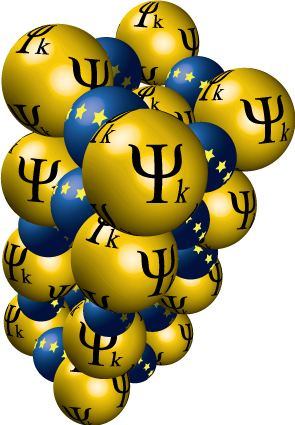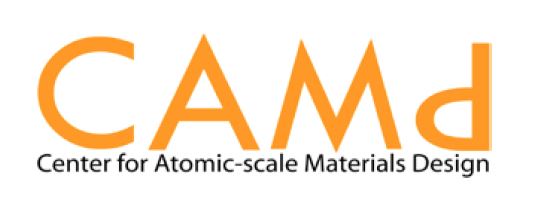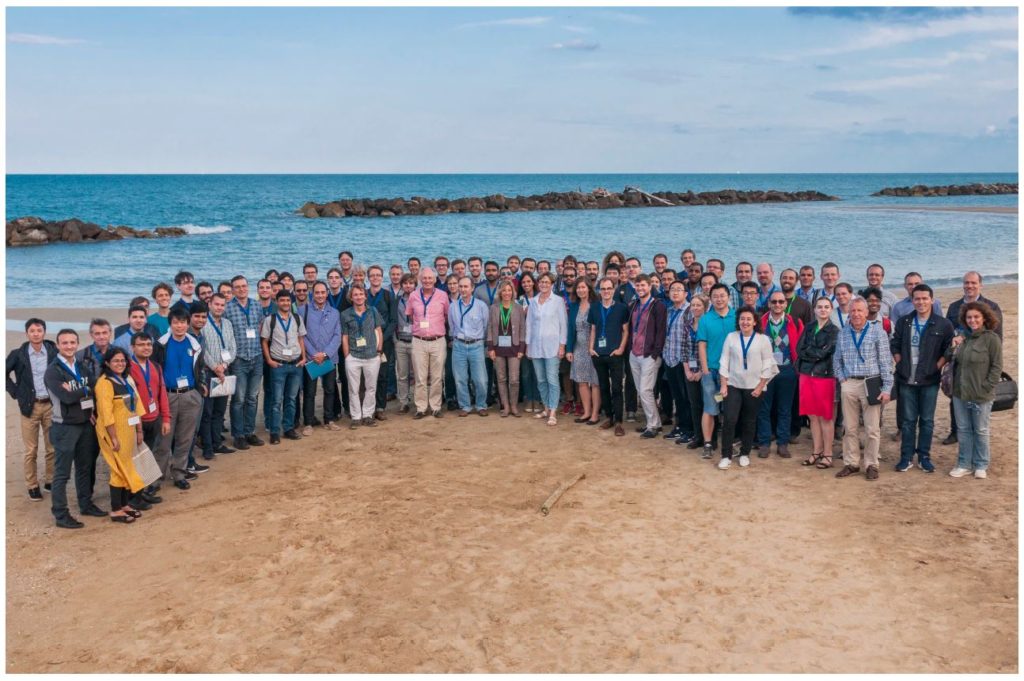Herewith we solicit for proposals for activities in the field of electronic-structure theory and calculations to be held between 1 April 2020 and 31 March 2021, to be funded (in full/partially) by the Psi-k Network and Charity.
Please note: for this year only events that take place between mid-August and mid-October 2020 will NOT be considered for funding to avoid a clash with the Psi-k Conference that will take place in Lausanne, September 2020
Psi-k has introduced a two-step application process, to improve planning and avoid duplication of efforts.
First, a pre-proposal should be submitted by Friday 30 August 2019 (midnight CEST), describing the planned event. The working groups (https://psi-k.net/groups/) will either approve this pre-proposal for full submission, reject it, or suggest a merger between different activities – you are very welcome to contact the working group leaders or members beforehand.
Feedback will be provided the week commencing Monday 30 September 2019. Pre-proposals that have been approved, or mergers that have been successfully negotiated, will then have to submit a full proposal by Friday 1 November 2019. These proposals will be evaluated and approved with full or partial funding, or declined, at the Psi-k meeting of the Scientific Advisory Committee (https://psi-k.net/scientific-advisory-committee/) and working group leaders, on Friday 29 November 2019.
Psi-k typically funds schools (1-2 weeks), workshops (2-3 days), international conferences (2-5 days), and code/method tutorials (3 days-1 week), with a focus on electronic- structure methods, developments, and applications. Its mission statement is available at https://psi-k.net/. Typical funding is of the order of 4,000/8,000/12,000 €, depending on size and duration (as a guideline, 30 €/expected participant/day); Psi-k funds around 25-35 activities for every call (see here https://psi-k.net/workshops/ for the 2019-20 activities).
The evaluation of the pre-proposals and full proposals will be based on:
- the scientific quality of the proposal,
- its intellectual diversity and inclusiveness,
- the scientific merit of the organizers, and
- appropriateness of budget, while of course
- responding to the Psi-k mission statement.
This form (as one single PDF document) should be uploaded by the deadline of Friday 30 August 2019 (midnight CEST) at https://www.dropbox.com/request/B79bboXnda0inodP0uoN.
Please name your file as follows:
Surname_Event_MonthYear.doc/pdf
(example: Jones_Fundamentals_of_QM_April2020.pdf).
Pre-proposal WORD document
Pre-proposal PDF document
Reporting: The organizers of successful proposals must deliver a report of the event, and preferably provide access to the presentation materials through the Psi-k website.
With best regards,
Nicola Marzari
Psi-k Chairman
Peter Dederichs
Psi-k Financial Officer








